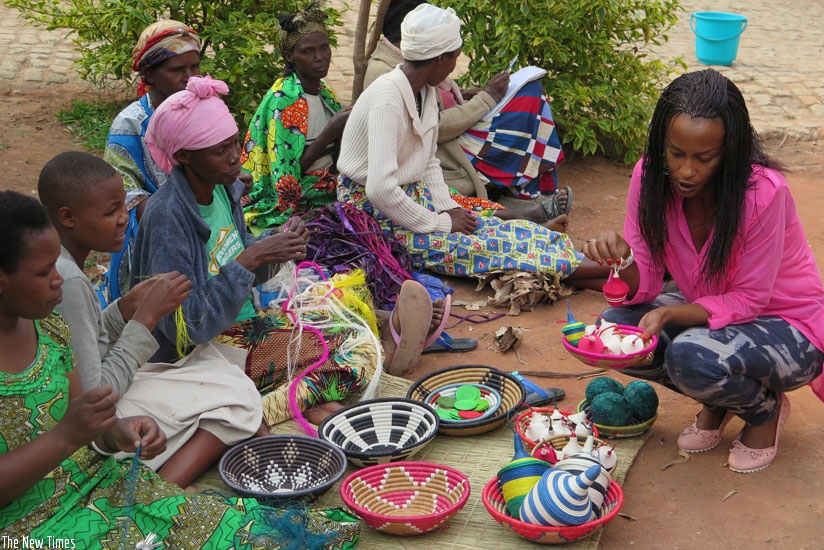Why change of attitude is key for Made-in-Rwanda
Re: Market Made-in-Rwanda, please (The New Times, Feb. 14)

Craftpersons display some of their products at a Made-in-Rwanda Expo last year. (File)
